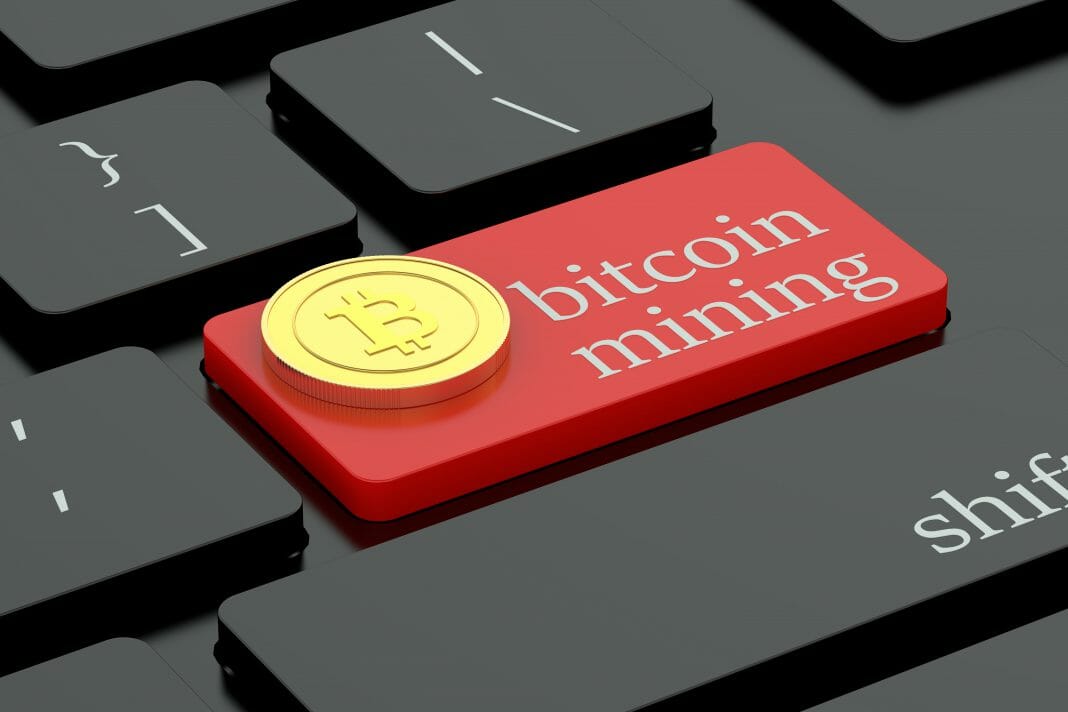Bitmain leads the list and concentrates between 55 and 60% of the industry’s profits. Regarding geographical distribution, China continues to maintain the monopoly on Bitcoin mining.
It was reported that 95% of the Bitcoin mining equipment manufacturing market is controlled by only four manufacturers. The consulting and research firm on blockchain, Token Insight, said that this group is comprised of the four main companies in this sector in China.
Bitmain leads the list, concentrating between 55 and 60% of the industry’s profits. Despite decreasing its predominance in the Bitcoin ecosystem between 2018 and 2019, the presence of the company continues to surpass the opponents. For example, Whatsminer ― the second in command ― brings together 20% of the market, whilst Canaan and Ebang hold 10% and 5%, respectively.
The rest of the industry, comprised of small manufacturers, only represents 5% of the market. Token Insight analysts note that China remains the undisputed leader in the manufacture of ASIC equipment, an achievement that calls into question the sector’s decentralization. It should be mentioned that the Asian giant not only concentrates its power when it comes to manufacturing mining equipment but also groups the largest number of active miners in the Bitcoin network.
The latest CoinShares report, from the fourth quarter of 2019, revealed that 65% of the network’s hash rate comes from China. This is the highest percentage that Bitcoin mining has concentrated in this nation since 2017, which could indicate a setback in the market’s de-monopolization. To understand the importance of this figure, it is necessary to consider that the hash rate indicates how many miners are actively confirming transactions in the blockchain. An increase in it, which was 80% in 2019, according to Token Insight, would indicate that more miners connected to the network to process blocks in the past year.
Fighting for Decentralization
The founder of Binance, Changpeng Zhao, said in early December that cryptocurrency mining is being widely promoted by the Chinese government. President Xi Jinping confirmed the interest of the nation’s authorities in making China a leader in the global blockchain ecosystem. Zhao also stressed that the promotion of Bitcoin mining is being done as a government plan to “be able to control Bitcoin.”
Whilst the Chinese government conducts these plans, the Bitcoin community continues to struggle to promote decentralization in mining. For example, in 2018 Matt Corallo submitted a proposal known as BetterHash to empower private miners affiliated with a pool. The new protocol has been optionally incorporated into the Stratum V2 code, the latest version of Braiins software for Bitcoin group mining.
Pool operators, which are vital to the operation of Bitcoin mining, have also made progress in 2019 regarding decentralization. BTC.com lost the leadership achieved in years, being displaced by a new firm called Poolin that now occupies 17% of the weekly hash rate of the network.
On the other hand, F2 Pool brought together an average of 13% of the Bitcoin hash rate during 2019, according to Token Insight. Although Poolin had a better performance in the last months of the year, it closed with 12%, along with AntPool. SlushPool and ViaPool processed 8% of the hash rate of the network, whilst BTC.TOP, Huobi Pool and Bitfury occupied 7%, 5%, and 4%, respectively.
Operators are offering a greater variety of services and benefits for miners to attract customers, and have also updated their payment methods. In this sense, analysts note that the mining industry could be evolving into a less centralized and more competitive one.
By Alexander Salazar











